As the meeting and event industry gathers April 11 for Global Meetings Industry Day, here’s a look back at meetings that changed the course of history, moments that would not have occurred without a face-to-face meeting.
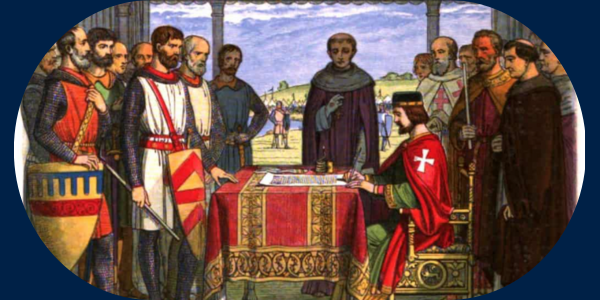
The Magna Carta, 1215
The Maga Carta, also known as the Great Charter, was granted by King John of England in 1215, and laid the groundwork for constitutional law protecting human rights.
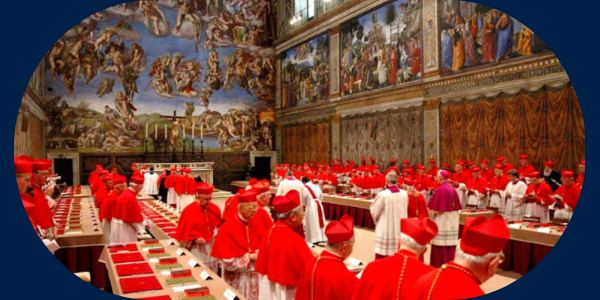
The Papal Conclave
The first papal conclave took place in the Sistine Chapel in 1492. Overall, there have been 110 conclaves when the College of Cardinals met to elect a new pope to lead the Catholic Church.
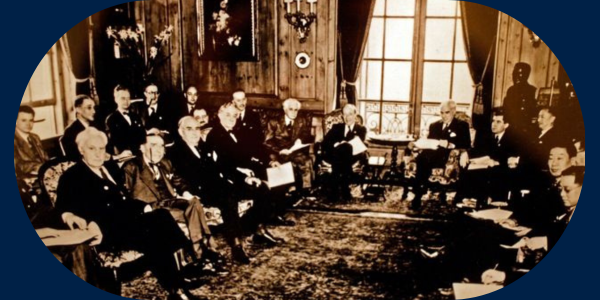
United Nations
Leaders and delegates from 50 nations descended upon San Francisco, California, for the inaugural United Nations Conference on International Organization during the summer of 1945.
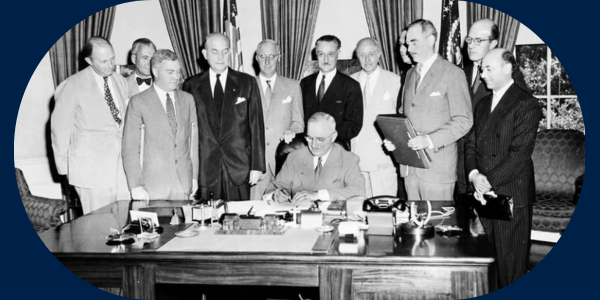
North Atlantic Treaty Organization, 1949
Also called the North Atlantic Alliance, it was signed in Washington, D.C., as an intergovernmental military alliance between 30 North American and European countries. NATO’s purpose is to guarantee the freedom and security of its members through political and military means.
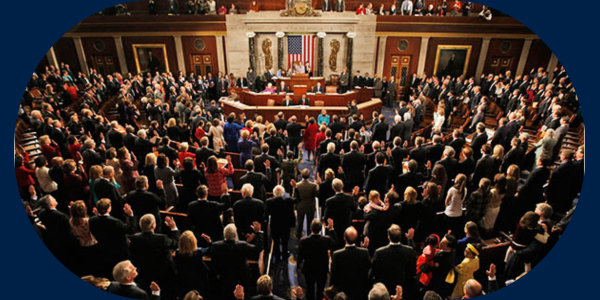
United States Congress
From the Constitutional Convention in 1787 to the signing of the Declaration of Independence, to the current structure of the Senate and House of Representatives, the branch of government that enacts legislation, meeting are at the core of creating laws.
MPI Video: When We Meet, We Change the World
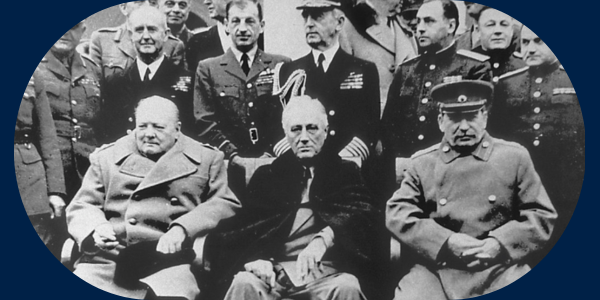
Yalta Conference, 1945
This meeting between the leaders of the United States (President Franklin D. Roosevelt), the United Kingdom (Prime Minister Winston Churchill) and the Soviet Union (General Secretary Joseph Stalin) resulted in the division of Germany, established the war criminal trials and played a pivotal role in shaping the post-war order.
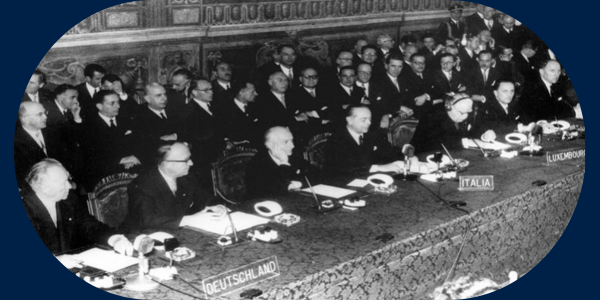
Treaty of Rome, 1957
This meeting between leaders of six European countries—Belgium, France, West Germany, Italy, Luxembourg and the Netherlands—led to the founding treaty for the European Economic Community, which later became the European Union.
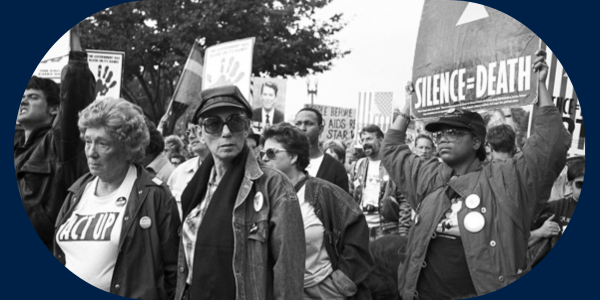
III International Aids Conference, 1987
Held in Washington, D.C., 6,000 researchers attended marked the international acceptance in recognizing HIV/AIDS.
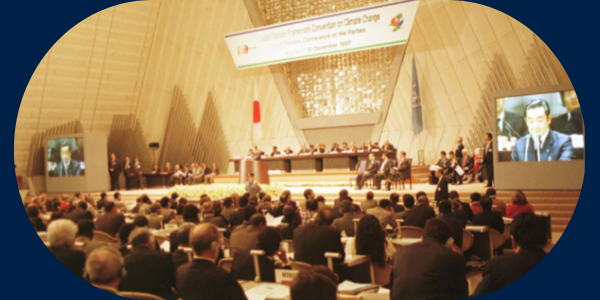
The Kyoto Protocol, 1997
The UN Conference on the Environment and Development was held in Rio de Janeiro and an international treaty was adopted that aimed to reduce the emission of gases that contributed to global warming.
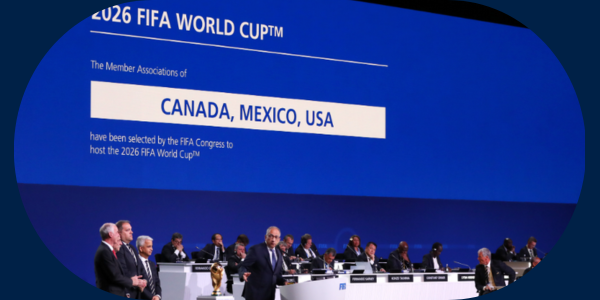
FIFA Congress
The Fédération Internationale de Football Association, known as FIFA, meets every year and can propose candidates for hosting the World Cup soccer competition, presidential elections, and is responsible for the organization and promotion of the association football’s major international tournaments. The 2026 World Cup was awarded to Canada, Mexico and the United States.
#MeetingsMatter: Global Meetings Industry Day 2024
GMID Unites Meeting Industry for Day of Advocacy